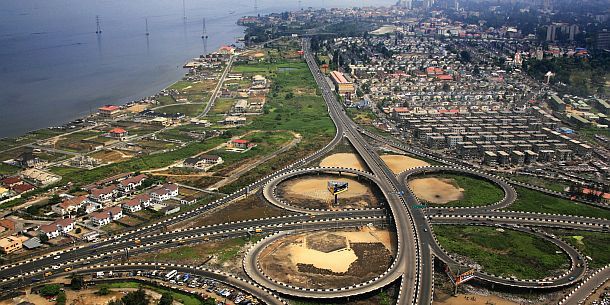No country in Africa has been spared by the COVID-19 pandemic, and the hard-fought economic gains of recent years are under threat everywhere.
In 2020, the region’s GDP could contract by as much as 3.4 percent, down by over 7 percentage points from pre-crisis estimates.
Improved infrastructure has rightly been among the countermeasures proposed and should be a major component of any stimulus plan, both for responding to the pandemic and for building resilience over the long term. And it should not just be any infrastructure, but projects that stimulate economic activity, create employment, bolster supply chains, and expand access to health care, sanitation, and education.
ICT has been one of Africa’s success stories, the pandemic has exposed the region’s lingering digital divide. In fact, to achieve universal broadband internet access in Africa—which could help the continent leapfrog infrastructure constraints in a number of sectors, much like cellphones did with landlines 20 years ago—an estimated $100 billion in investment is needed over the next decade, with a third of it in infrastructure.
Africa also urgently needs regional infrastructure to speed up implementation of the African Continental Free Trade Area, since many of Africa’s development challenges require cross-border solutions.
However, "we can remember 9 projects approved last year for 13,68 million and 5 projects completed for 8,19 million. In brief, that concerned, 1 water project, 5 transport projects and 3 energy projects" said Mike Salawou, Manager Infrastructure and Partnership Division - AfDB and he was happy to report that 78% are PIDA's projects.

